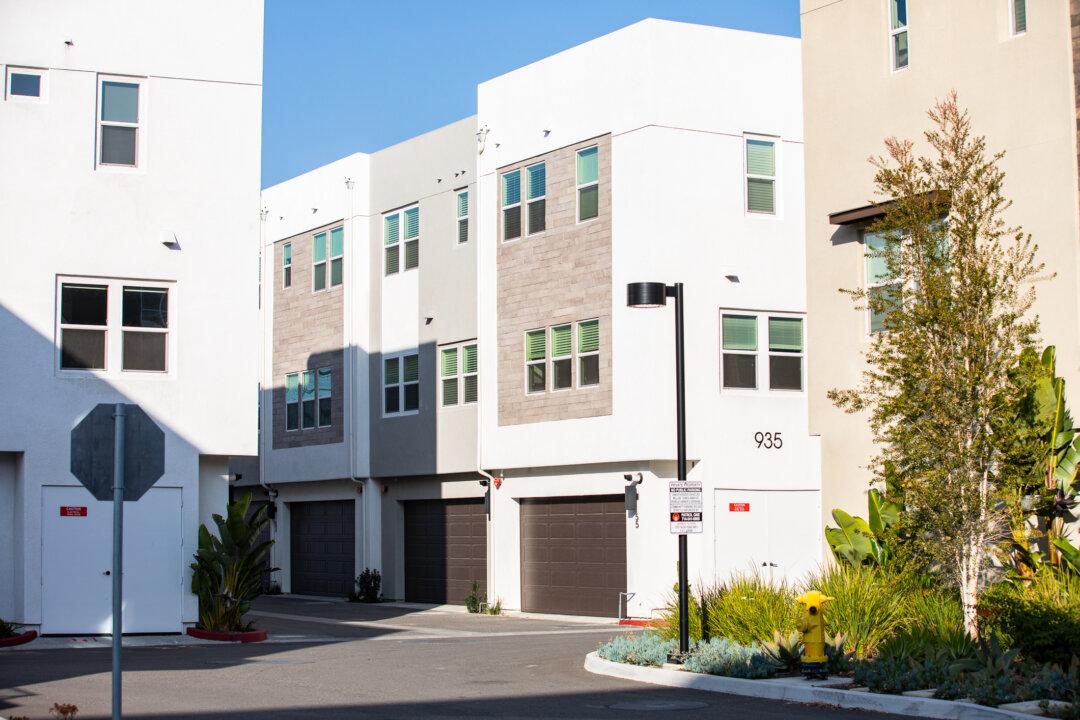Buena Park is looking to crack down on what some city councilors call “bad actors,” who haven’t kept up with maintaining their rental properties.
The Buena Park City Council voted 3–2 April 25 to require some multi-family apartment complexes to be inspected by city code-enforcement officers in a three-year cycle.





